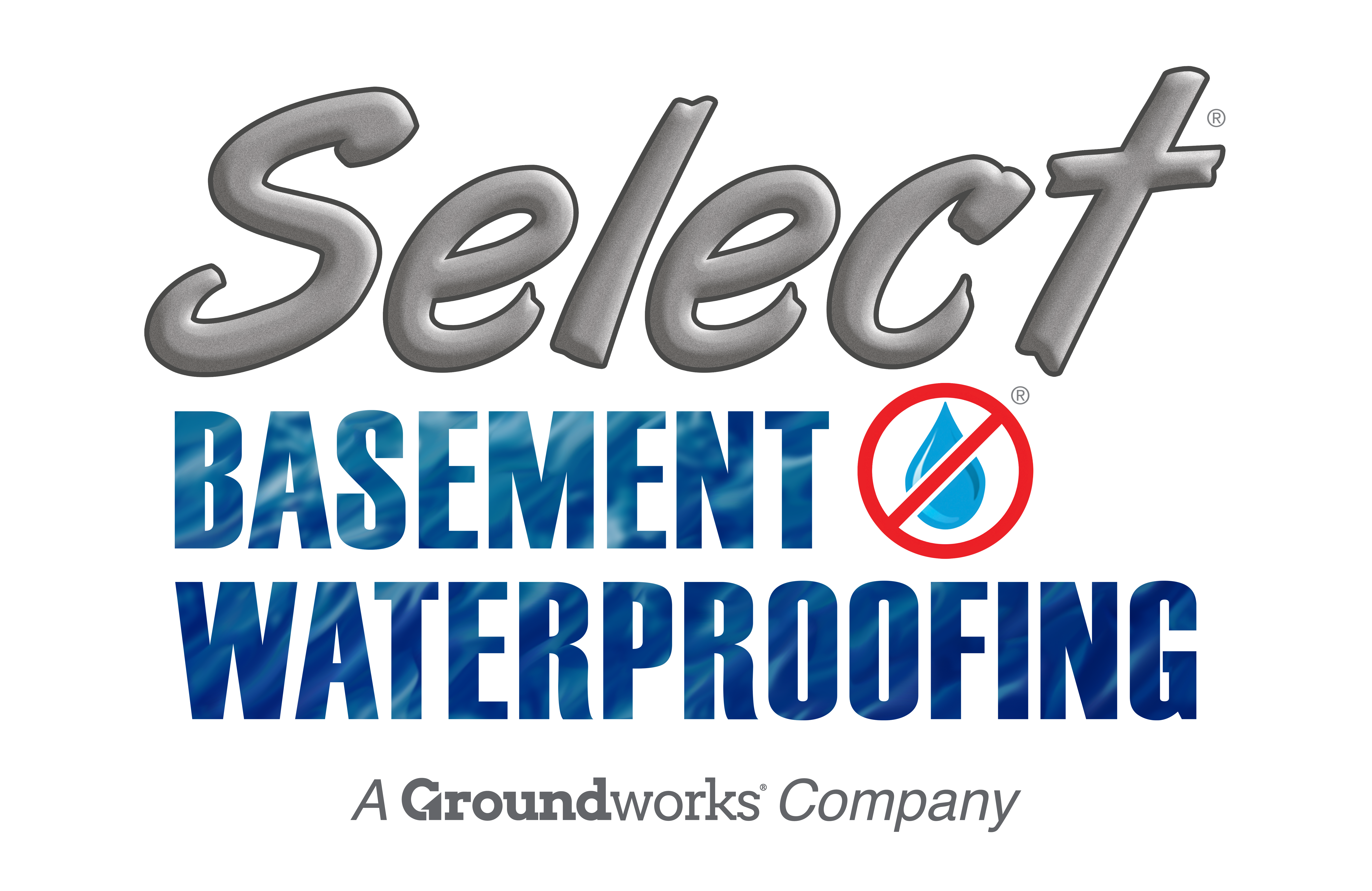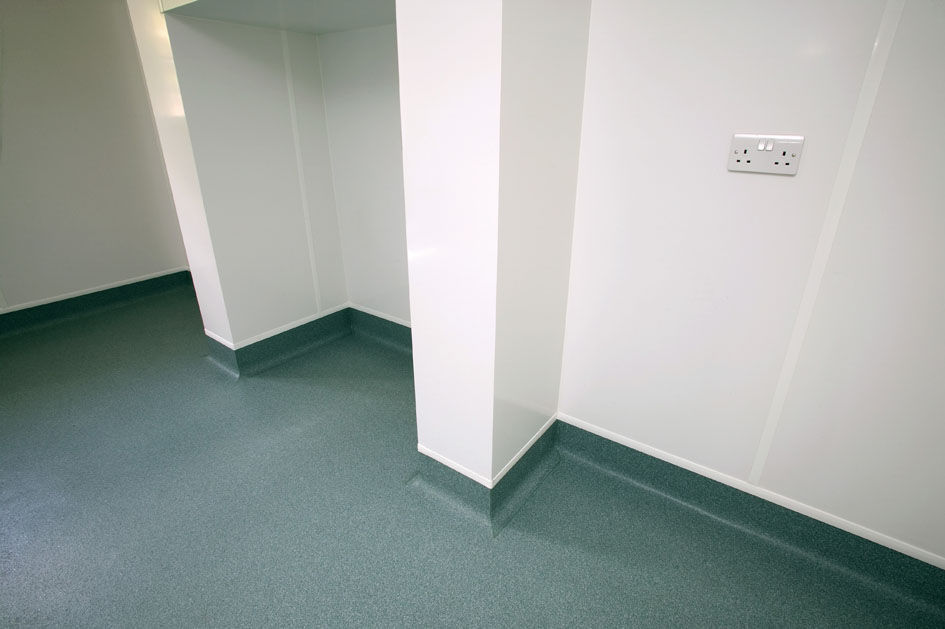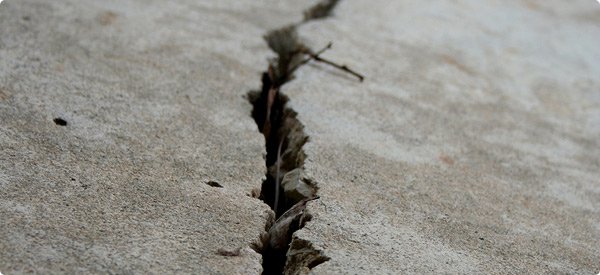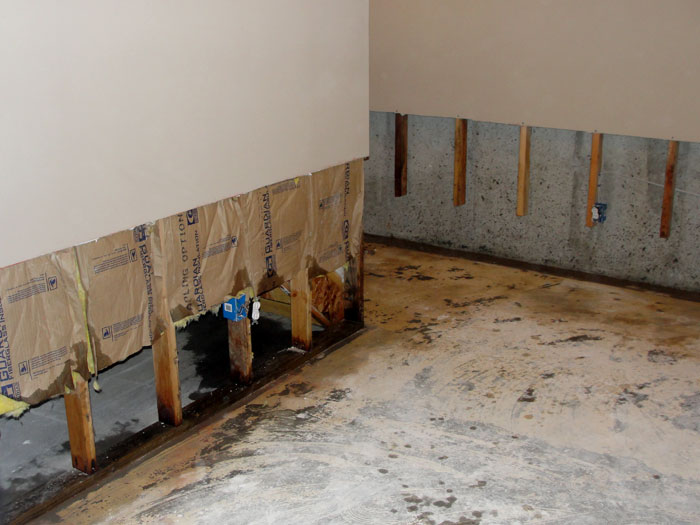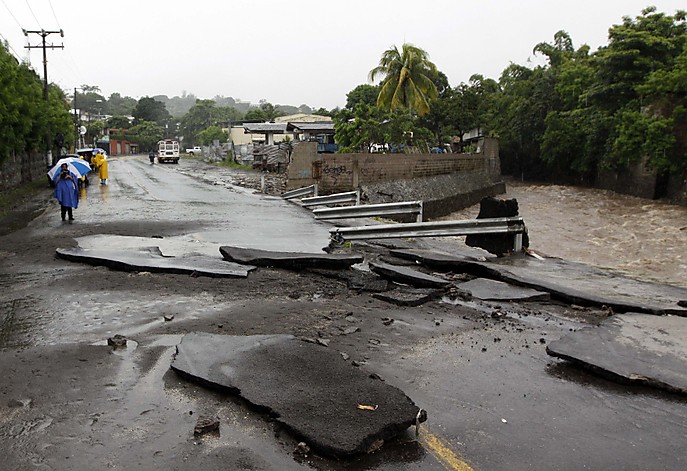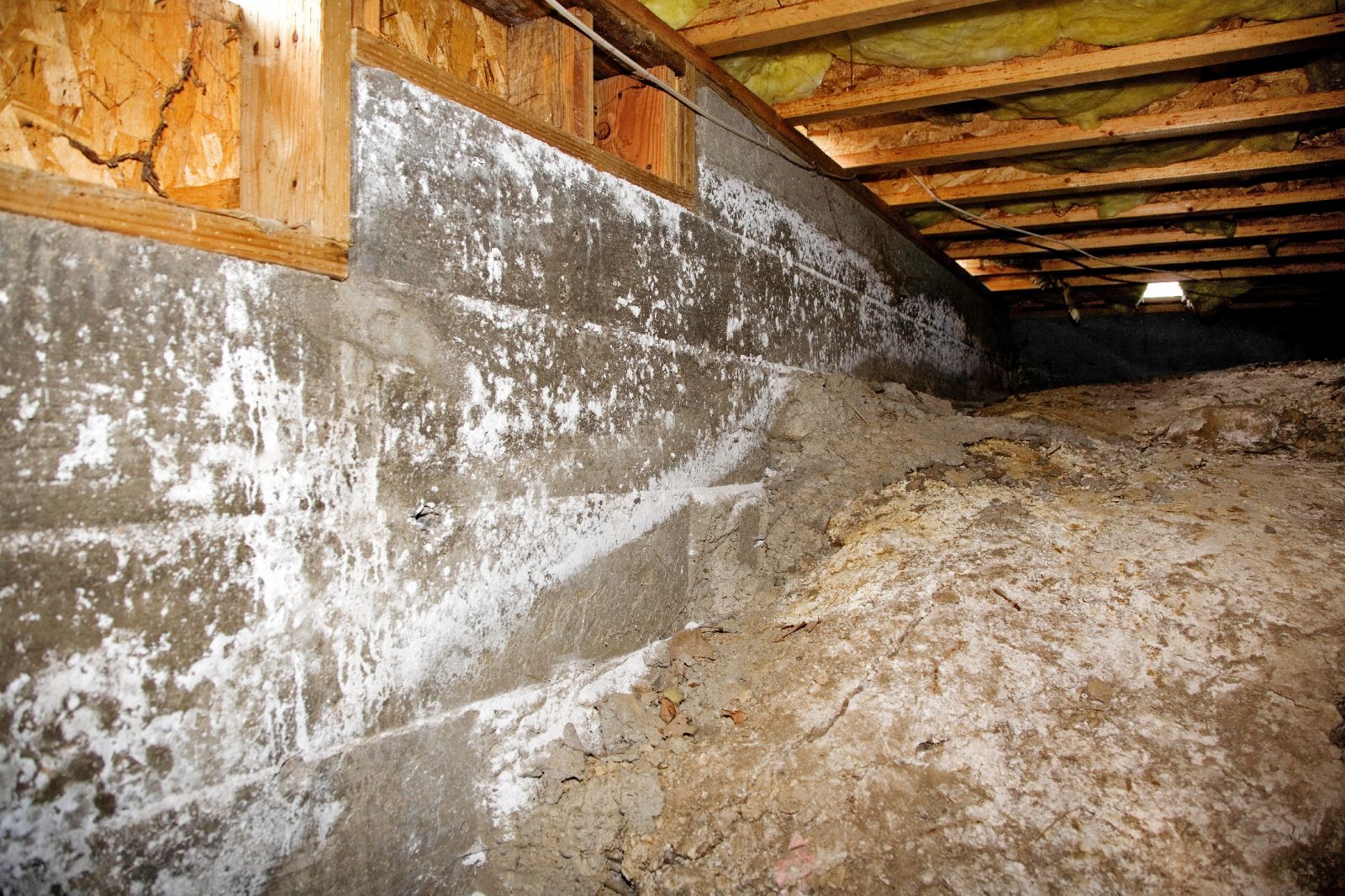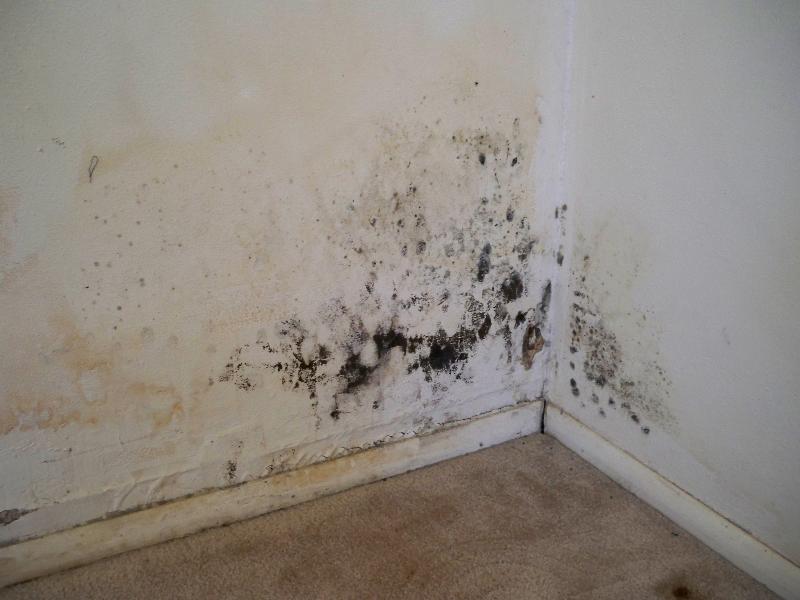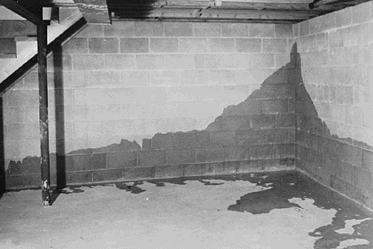Basement Waterproofing in New Jersey
There is only one thing more dreaded than needing a basement waterproofing contractor to come fix your basement: needing that basement waterproofer to come back!
Honestly, basement waterproofing in New Jersey should be a one-time deal. Usually, if there is an issue in the basement, a basement contractor can install a full basement system that will keep the basement dry for years to come. With some maintenance, a basement waterproofing system should and will last a long time. Some waterproofing contractors offer a life-time guarantee and a transfer policy to the new homeowners if the house is ever sold.
Partial work
One of the most common call back situations when it comes to basement waterproofing is when only one portion of the basement is fixed. Sometimes there is a leak on one side of the basement. The homeowner will hire the contractor to come in and fix the problem area only to notice a similar leak on the adjacent wall the next year. A good basement waterproofing contractor offers a whole basement solution. If they only offer partial work, then an honest contractor will make sure homeowner understands that the issue is really more of a whole house problem. Of course, there are situations where partial work is the better option. Families with budgetary constraints may decide to only do some of the work and do the rest of the work later. It is just important to understand that a contractor who offers a whole basement solution is not trying to sell you something you don’t need. They are just trying to do it once!
A bad system
There are bad systems out there and some inexperienced contractors who may install a good system improperly. However, most of the basement waterproofers in business today are good, honest and reputable. Manufacturers and suppliers have designed various system models, wall boards, sump pumps, and crack injection materials that use the latest technology. The industry as a whole has come a long way to offer basement waterproofing products that allow for contractors to offer a do it one, do it right approach.
A good system fails
Sometimes one of those good systems will fail. Usually, it is due to a preventable issue with proper inspection and maintenance. Sometimes the systems will become clogged with debris. Contractors can come out and flush the system to make sure it works properly. Other times components of the basement waterproofing system will fail or give out and need to be replaced. For example, sump pumps no matter how heavy duty will not last forever. The sump pump is one component that needs to be replaced every five to seven years depending on the make, model and wear on the pump and the pump’s motor.
Overall, if you are having basement water issues it is important to do it right the first time. That will start with a correct assessment and inspection of your property and the basement issues. Choose your waterproofing contractor carefully. Don’t base your decision strictly on price. Review the contractor and his certifications and qualifications. Ask for referrals and call them. Do your best to choose the right contractor who will offer a “once and for all” fix to your basement problems.
Contact us if you have any questions about basement waterproofing or if you want to get a FREE Estimate!
